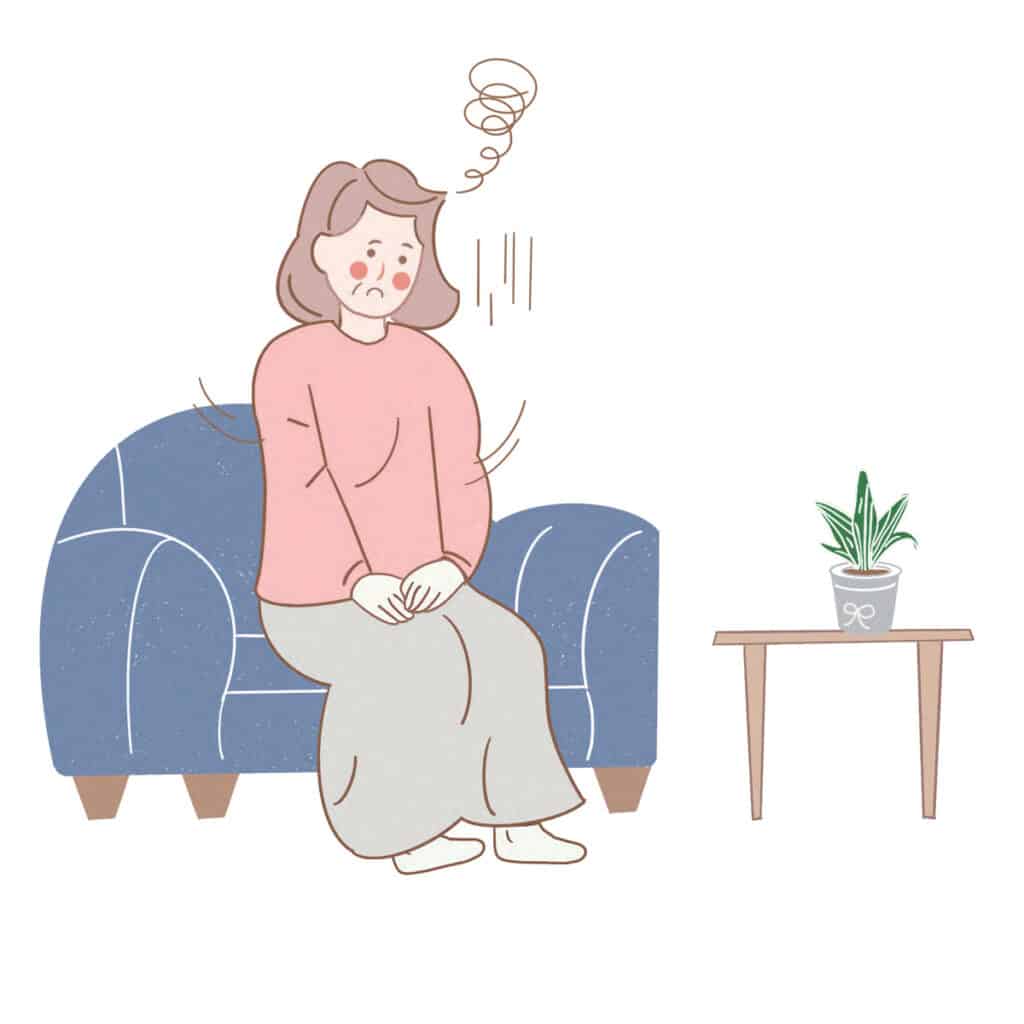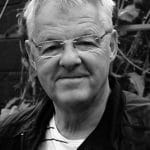My wife, Anne, has followed the wide coverage recently of the debate around HRT. She has criticised me, as a GP, for the fact that only 10 per cent of women are taking HRT! In my, and every male doctor’s defence, I plead that we leave these matters to the lady doctors and practice nurses with whom we work. I imagined that as women approach the menopause this would be high on the agenda in their consultations.
This might not be the case however, so over to my wife Anne, a nurse herself and of a certain age, who has looked closely at the benefits of HRT. Over to you Anne…

The conversation is opening up! Finally we are talking about the…Menopause. Joe Duffy and Davina McCall have opened the way with their phone-ins and documentary.
Centuries ago women died soon after the menopause, so the problem wasn’t crucial. Today women are living up to 50 years after the menopause, so we want to make sure that all women are living as well and healthy a life after the menopause as before.
There is a feeling that the medical establishment have not always served women to their best ability. When women have presented with various symptoms, sometimes they have been wrongly diagnosed with depression and put on anti-depressants, when in fact the cause of their problem was hormonal. But this is changing and women need to go to their GPs and Public Health Nurses to get individualised advice about their symptoms and what can help them best. The menopause is no longer a taboo subject to be embarrassed and ashamed about.
So what is the menopause? It is derived from ancient Greek and means the pause in the monthly cycle. ‘The Menopause’ covers the three stages; perimenopause, menopause and post
menopause. Perimenopause is when you are coming to the end of your reproductive stage of life. Your menstrual cycle becomes irregular, as your ovaries release fewer eggs and your fertility hormones, oestrogen and progesterone, begins to fluctuate. The symptoms you experience are mainly due to these fluctuations. This usually occurs between the ages of 45-50. Some younger, some older. This stage can last up to six years.
Menopause is the medical term for when you have not had a period for 12 months. Doctors use it to determine the end of your fertility. The average age of menopause in Ireland is 52. Symptoms are linked to the withdrawal of oestrogen. All cells in the body respond to oestrogen. Symptoms can include heavier or even continuous menstrual bleeds. Post menopause is the stage after your menopause, the post reproductive stage of your life. Average age is 53-56, it can be earlier or later.
The symptoms of menopause are not only hot flushes and the loss of periods. There are 32 symptoms associated with it. Here are some of them: Anxiety/depression, mood swings, rage, irritability, insomnia, memory loss, brain fog, chills, night sweats. Urinary problems; frequency, urgency, vaginal dryness/soreness. Loss of libido. Dry eyes/mouth. Hair thinning/dry. Weight gain, feeling dizzy, faint. Hearing disturbances, tinnitus. restless legs. Changes to gut and bowel health. Allergies and heart palpitations. Sore joints and muscles. Extreme fatigue. Emotional; loss of joy, being tearful, suicidal thoughts and feelings of “I’m going mad!”
When women haven’t felt listened to and there has been a lack of understanding, they have felt like they were in a very lonely place.
Women have been taking HRT (Hormone Replacement Therapy) since the 1930s. In 2002 a research paper linked the taking of HRT with breast cancer. This resulted in women being afraid to take it and GPs afraid to prescribe it. However a more recent study has shown that only four in 1000 women will get breast cancer as a result of taking HRT. If women have cancer in their family history, it is advisable to see a specialist. (GPs shouldn’t just say ‘No’.) It is becoming more evident that for the vast majority of women the benefits of taking HRT is likely to outweigh the risks associated with it. In the UK only one in 10 women take HRT. And yet it is known to help prevent; ovarian cancer, bowel cancer, heart disease, osteoporosis and dementia. And at present women are at double the risk of getting Alzheimer’s Disease than men.
So what are the options for women? The GP can prescribe HRT tablets, gels or transdermal patches or sprays. With the gels and patches the hormones can be absorbed directly through the skin and into the bloodstream, avoiding the gut. To help with vaginal atrophy, where the tissue has become thin and less elastic, intravaginal gels/oestrogen pessaries can be prescribed. And symptoms can go away. There are lubricants to help with one’s sex life. There are menopause support groups, for example ‘The Irish Menopause’ on Facebook.
And of course there are a plethora of alternative natural remedies out on the marketplace.
In traditional Chinese Medicine they call going into the menopause their Second Spring. A beautiful time of renewal and rebalance when a woman’s body finally becomes her own and she is not tied to the menstrual cycle. In Eastern cultures there is a lot of respect for older women who have a role to play in extended families and communities. This eases their transition into menopause.
So, what can you do on a daily basis to help enjoy your ‘Second Spring’? There are four things; reduce stress, good nourishing food, gentle exercise and plenty of rest. Get into a routine of going to bed early (approx. 10pm), and keep your core body temperature low at bedtime. Activities like yoga, Pilates, walking in nature, cycling and swimming are all good and will help to bring positivity to this new experience. Be kind to yourself, put your own needs front and centre and ask yourself “what do I need for myself at this moment?”
So to sum up; don’t be afraid to talk to your GP. Make sure your GP considers menopausal issues no matter what your age. And don’t dismiss HRT – it can be beneficial. HRT and psychotherapy may be the answer for some women.
In Davina McCall’s recent Channel 4 documentary; ‘Sex, Myths and the Menopause’, she explained to us how women into their 90s can enjoy full orgasm, and showed us a few toys to play with! So that’s the good news ladies!
Suggested reading, Dr. Avrum Bluming, ‘Oestrogen Matters’.



